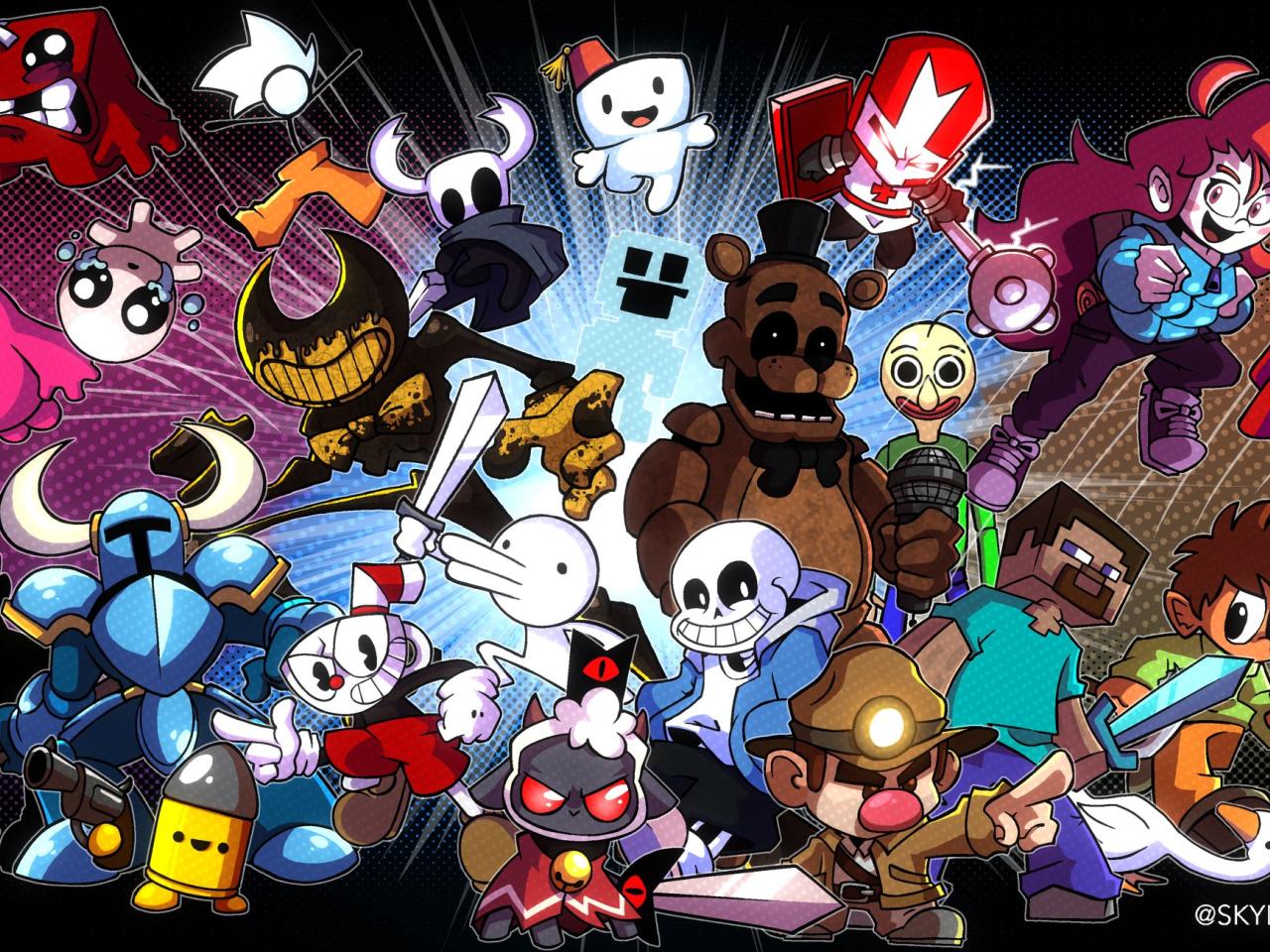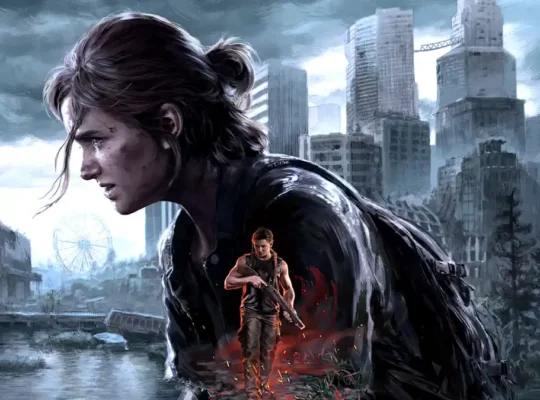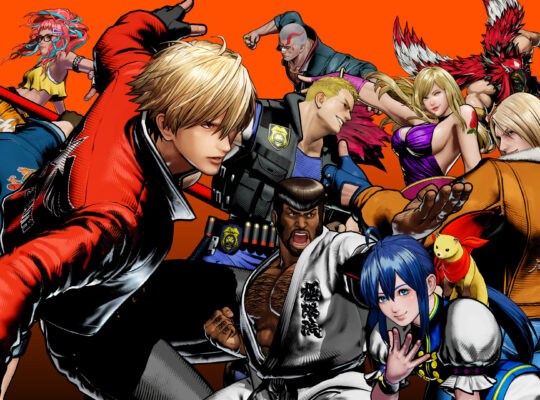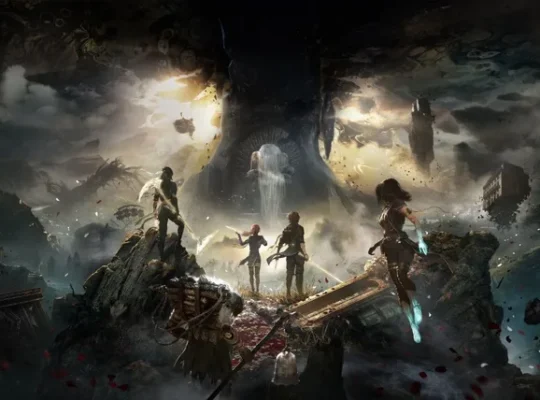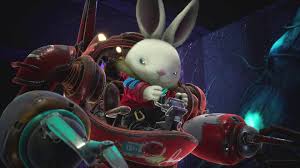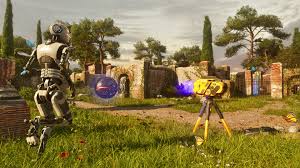Indie games, short for independent video games, are video games created by individuals or small development teams without the financial support of a large game publisher. Unlike mainstream games that often have significant budgets and resources from major gaming studios, indie games are known for their innovation, creativity, and focus on artistic expression.
Indie game developers typically have the freedom to explore unique themes, gameplay mechanics, and artistic styles, allowing them to create games that may not fit the commercial norms or expectations of larger game publishers. This freedom often results in games that offer new and unconventional experiences, catering to niche audiences or exploring topics and narratives not commonly found in mainstream games.
The rise of digital distribution platforms like Steam, itch.io, and the Nintendo eShop has significantly contributed to the accessibility and popularity of indie games, enabling developers to publish their games directly to players worldwide. Social media and crowdfunding platforms like Kickstarter have also played a crucial role in allowing developers to connect with their audience and secure funding for their projects.
Indie games can span a wide range of genres, from platformers and puzzle games to narrative-driven adventures and experimental art games. Some well-known indie games that have had a significant impact on the gaming industry include “Minecraft,” “Undertale,” “Stardew Valley,” and “Hollow Knight,” each showcasing the diverse potential and innovative spirit of indie game development.


